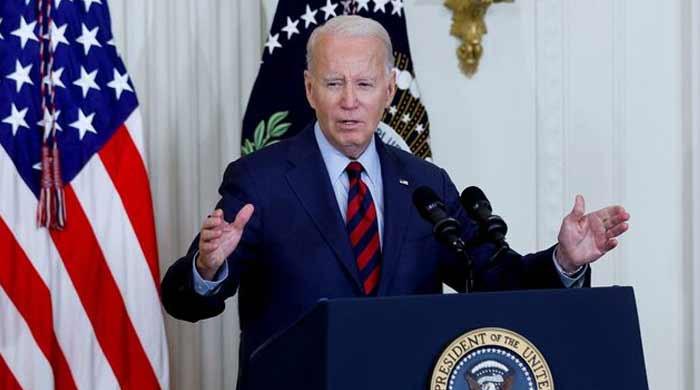
Joe Biden Undergoes Radiation Therapy for Prostate Cancer: What You Need to Know
Former U.S. President Joe Biden is currently undergoing radiation therapy after being diagnosed with prostate cancer in May. This news, shared by a spokesperson over the weekend, has garnered significant attention, highlighting the importance of health awareness, especially among aging populations. In this article, we will explore Biden’s condition, the implications of prostate cancer, and answer common questions surrounding the diagnosis and treatment.
Understanding Prostate Cancer
Prostate cancer is one of the most common types of cancer among men. It occurs in the prostate, a small gland that produces seminal fluid. While many men diagnosed with prostate cancer do not experience serious health issues, the condition can lead to severe complications if not detected and treated early.
#
Risk Factors
Several factors can increase a man's risk of developing prostate cancer, including:
- Age: The risk increases with age, particularly in men over 50.
- Family History: A history of prostate cancer in the family can elevate risk.
- Ethnicity: African American men are at a higher risk compared to men of other races.
- Diet and Lifestyle: A diet high in red meat and low in fruits and vegetables may contribute to higher risk.
Symptoms of Prostate Cancer
Prostate cancer may not present noticeable symptoms in its early stages. However, as the disease progresses, some potential symptoms include:
- Difficulty urinating
- Decreased urine flow
- Blood in urine or semen
- Painful ejaculation
- Persistent pain in the back, hips, or pelvis
Joe Biden's Health Journey
Joe Biden, who served as the 46th President of the United States, announced his prostate cancer diagnosis earlier this year. He has since been undergoing radiation therapy as a part of his treatment plan. Radiation therapy is a common treatment for prostate cancer, particularly in cases where the cancer is localized.
#
What is Radiation Therapy?
Radiation therapy uses high-energy waves to target and kill cancer cells. It can be used as a primary treatment or in conjunction with other treatments like surgery or hormone therapy. The goal is to minimize the size of the tumor or eliminate cancer cells altogether.
The Importance of Early Detection
Early detection of prostate cancer is crucial. Regular screenings, such as prostate-specific antigen (PSA) tests, can help identify the disease before symptoms arise. Men over the age of 50, or those with risk factors, should discuss screening options with their healthcare provider.
Living with Prostate Cancer
Receiving a cancer diagnosis can be overwhelming. It’s essential for patients, like Biden, to have a support system in place. This can include family, friends, medical professionals, and support groups. Lifestyle adjustments, such as maintaining a healthy diet, exercising, and managing stress, are also recommended to support overall well-being during treatment.
Conclusion
Former President Joe Biden’s journey with prostate cancer serves as a reminder of the importance of health awareness and early detection. While the news of his diagnosis may be concerning, it also highlights advancements in medical treatments and the resilience of individuals facing health challenges. As Biden continues with his radiation therapy, it’s vital for men everywhere to be proactive about their health.
FAQs
Q1: What are the survival rates for prostate cancer?
A: The survival rates for prostate cancer vary based on the stage at which it is diagnosed. Generally, the five-year survival rate is nearly 100% for localized cases.
Q2: How is prostate cancer diagnosed?
A: Prostate cancer is typically diagnosed through a combination of a digital rectal exam (DRE), PSA blood test, and a biopsy.
Q3: Can prostate cancer be prevented?
A: While there is no guaranteed way to prevent prostate cancer, maintaining a healthy lifestyle, including a balanced diet and regular exercise, may reduce the risk.
Q4: What are the common treatments for prostate cancer?
A: Common treatments include watchful waiting, surgery, radiation therapy, hormone therapy, and chemotherapy, depending on the cancer stage and patient health.
Q5: Should men be screened for prostate cancer?
A: Men over 50 or those with risk factors should discuss the benefits and risks of screening with their healthcare provider to make an informed decision.
Tags
World
